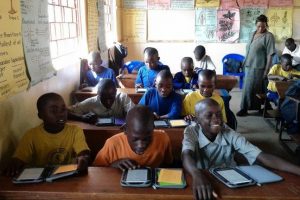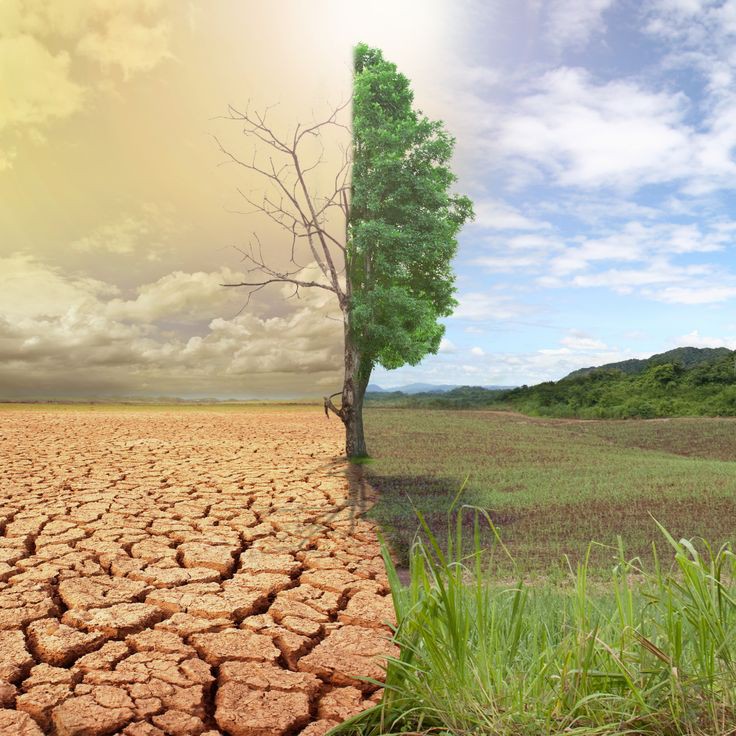Education is a crucial aspect of human development and is essential for personal and societal development, and it has been used to advance civilization across different regions of the world. It is a tool that equips individuals with the necessary knowledge and skills to contribute to their society’s growth and development. Education has taken various forms and shapes across different cultures and regions. In Africa and in western societies educational systems differ, revealing the uniqueness of each society. These differences have led to varying outcomes in terms of academic achievements and career success. The fundamental differences between Western and African education, include their respective curriculum, teaching methods, assessment techniques, availability of educational resources, attitude toward education, advanced infrastructure and technology, and preparing their students for the global economy.
EDUCATION IS A CRUCIAL ASPECT OF HUMAN DEVELOPMENT
One of the primary differences between Western education and African education is the curriculum. Western education places a strong emphasis on mathematics, science, and technology. In contrast, African education tends to place more emphasis on the humanities, social sciences, and history. Statistics show that there are significant disparities in the subjects taught in the Western and African educational systems. According to UNESCO, in Sub-Saharan Africa, only 36% of primary schools offer science and mathematics education, compared to 90% in high-income countries.
Additionally, only 28% of secondary schools in Sub-Saharan Africa offer Science, Technology, Engineering, And Mathematics (STEM) subjects, compared to 72% in high-income countries.
Also, Western education is characterized by a formal curriculum that emphasizes critical thinking, problem-solving, and creativity. In contrast, African education is more informal and is often focused on imparting values, traditions, and cultural practices. For example, in Ghana, the curriculum for primary education includes subjects such as mathematics, English language, and social studies. In addition, African education places a strong emphasis on oral tradition and storytelling, which are not as prevalent in Western education.
Teaching methods
Another significant difference between Western education and African education is the teaching methods employed. Western education tends to focus on individualism, encouraging students to think independently and develop their own ideas. African education, on the other hand, places a greater emphasis on collectivism and community values, encouraging students to work together and contribute to the well-being of the group. For example, in many African schools, it’s common for students to work together on group projects or to participate in community service activities as part of their education. In contrast, Western education tends to focus more on individual achievement and competition. Students are encouraged to work together, share ideas, and learn from each other.
Research has shown that the teaching methods used in Western education systems are not always effective for African students. For example, a study conducted in Uganda found that the traditional teaching methods used in Western education, such as lectures and memorization, were not effective for most students. The study found that students learned best through active participation, group work, and practical activities. In Western education, the emphasis is on individual learning, with students encouraged to be independent and self-reliant. African education, however, focuses more on collective learning, with students learning in groups and from each other. African education also places a greater emphasis on the spiritual and moral development of the individual, whereas Western education tends to focus more on intellectual development.
Individualism and competition
Western education places significant emphasis on individual achievement and competition, whereas African education is more community-oriented, with a focus on collective values and communal responsibilities. Statistics also reveal that there are significant differences in academic achievements between Western and African education systems. For example, according to the World Bank, the literacy rate in Western countries is over 99%, while in sub-Saharan Africa, it is only 64%.
The Roles of the Teachers
The role of the teacher is also different in Western and African education. In the West, the teacher is seen as a facilitator of learning, with students expected to take responsibility for their own learning which builds confidence and enhances critical thinking among students. In African education, the teacher is seen as a mentor and guide, responsible for imparting knowledge and values to the younger generation hence has the tendency to affect the ability of students to critically think and act in the classroom and beyond.
THE TEACHER IS RESPONSIBLE FOR IMPACTING KNOWLEDGE IN AFRICAN EDUCATION
General Attitude towards education
Furthermore, attitudes towards education also differ between Western and African societies. In Western societies, education is often seen as a means to an end. Students are encouraged to pursue education to secure better employment opportunities and a higher standard of living. In contrast, African societies place a higher value on education for its own sake. Education is seen as a way to preserve cultural heritage and pass on knowledge to future generations. According to the World Bank, in Sub-Saharan Africa, 62% of children who drop out of school do so because of poverty. Many families cannot afford to pay for school fees, uniforms, and textbooks. In addition, some parents may not see the value of education for their children, particularly for girls, who are often expected to prioritize household duties over education.
Infrastructure and Funding
Additionally, western education systems often have more advanced infrastructure and technology, as well as greater funding and resources. African education systems may be more limited in terms of infrastructure and funding, which can impact the quality of education and opportunities available to students. In addition, many African schools lack adequate classroom space, with some schools using makeshift classrooms or outdoor spaces for teaching.
Use of Technology
Another significant difference between Western and African education is the use of technology. The Western education system is heavily reliant on technology, with classrooms equipped with computers, projectors, and other technological tools. For example, in many African schools, there may be limited access to technology such as computers or the internet, and resources such as textbooks may be scarce. Western schools may have access to state-of-the-art technology and a wide range of resources to support learning. In contrast, African education is more hands-on, with students learning practical skills such as farming, weaving, and carpentry.
WESTERN EDUCATION HAS MORE ADVANCED TECHNOLOGY
Skill acquisition
The education system in the West is structured to equip students with skills that will enable them to thrive in a global economy whereas African education due to its content and structure mostly does not prepare them for the job market.
Most graduates of Western education due to their educational orientation fit more easily into the job market than graduates of African education because of skills and knowledge gained from their educational system and structure.
Overall, Western education and African education have different approaches to learning, different values, and different goals. Both education systems have their strengths and weaknesses, and it is important to recognize and appreciate the value of each system in its own right while there are some broad differences between Western and African education systems. It is worth noting that there is a growing movement within Africa to reform education systems and incorporate more innovative and technology-driven approaches.
Additionally, many African countries have made significant progress in expanding access to education in recent years, although there is still much work to be done to ensure that all students have access to quality education.



